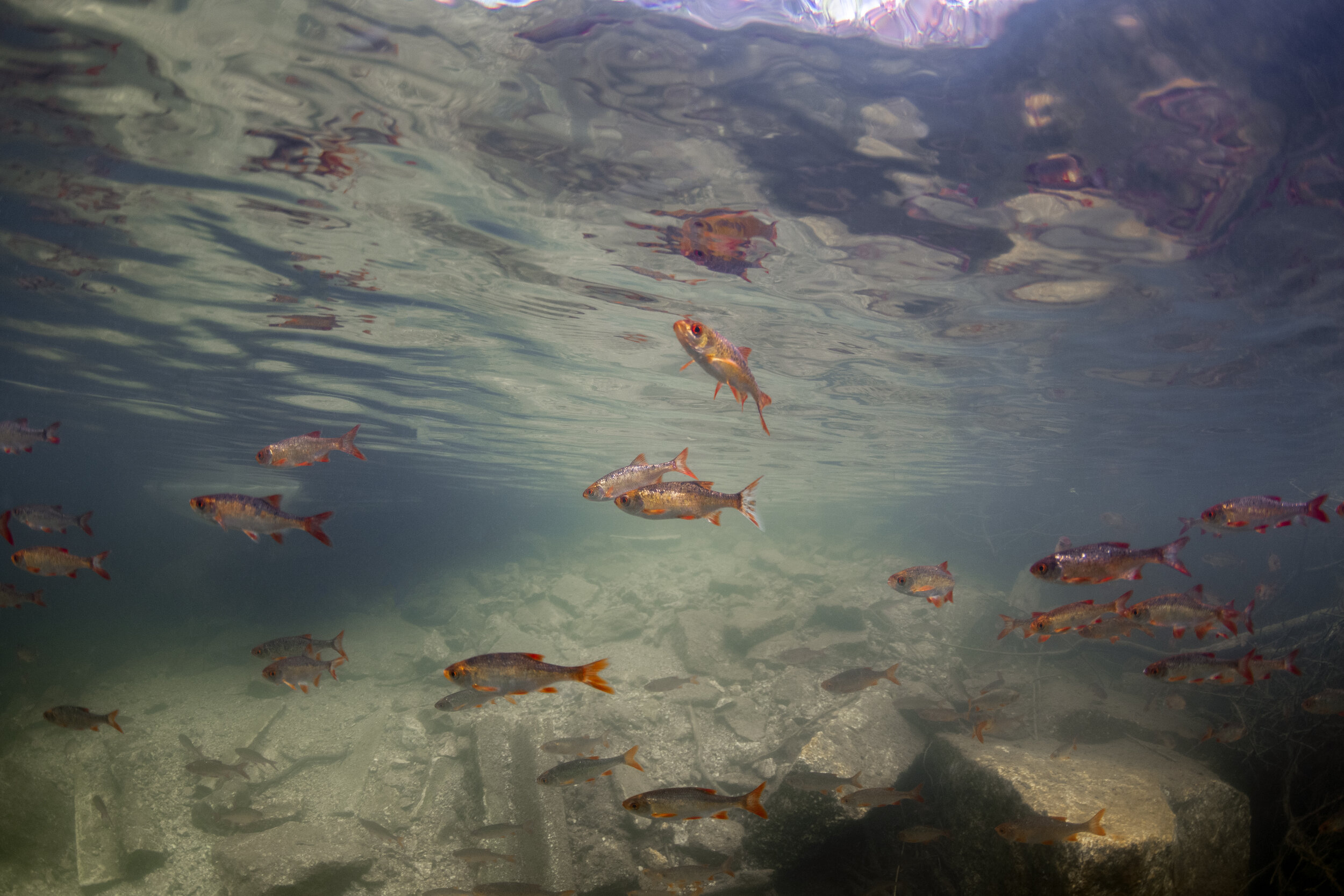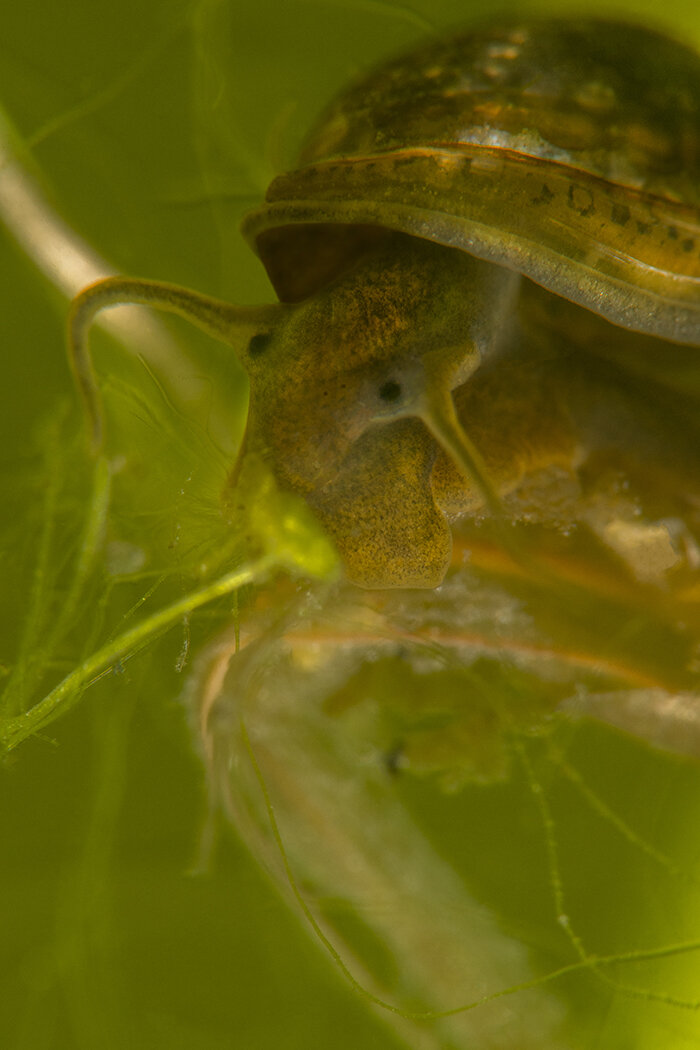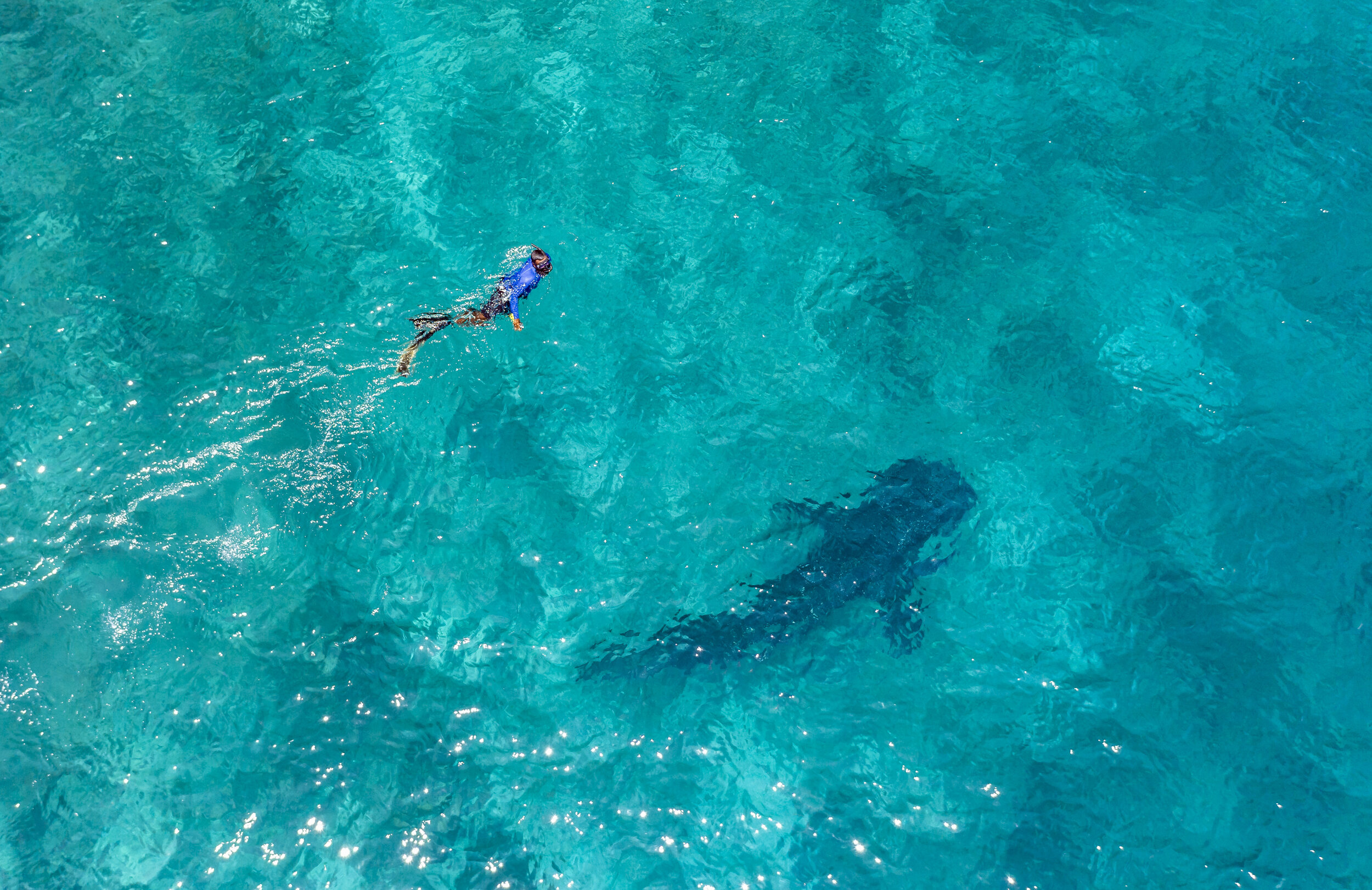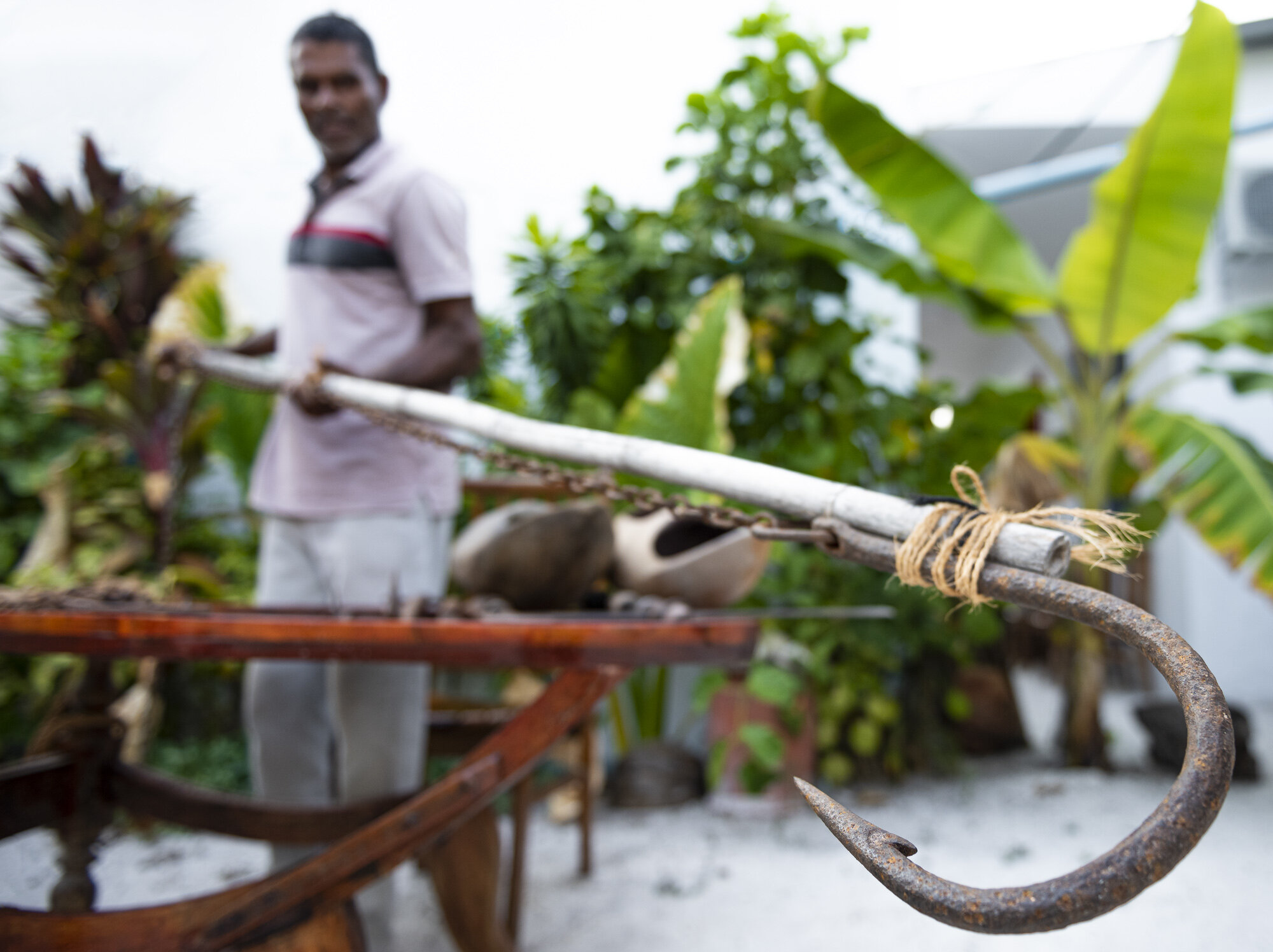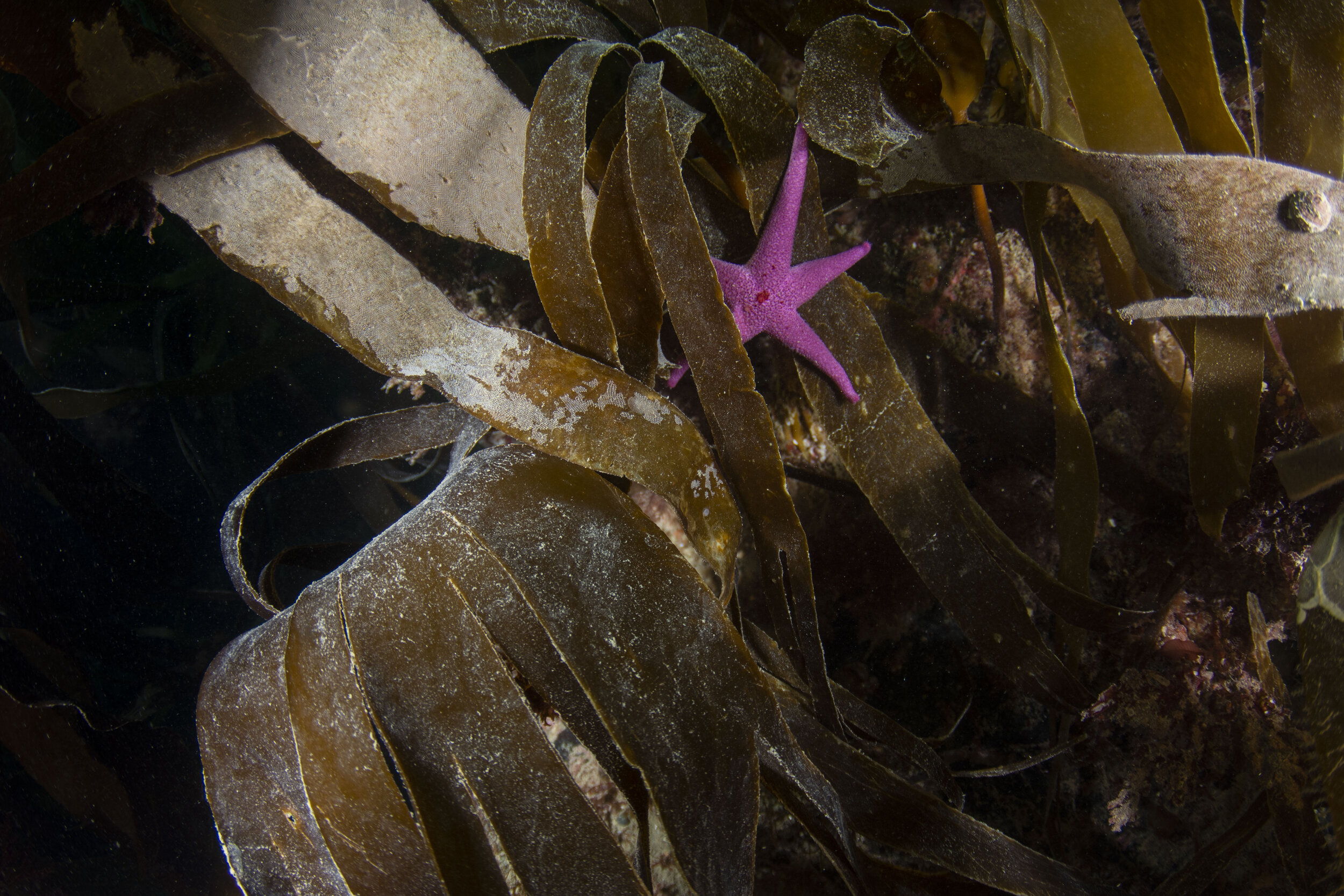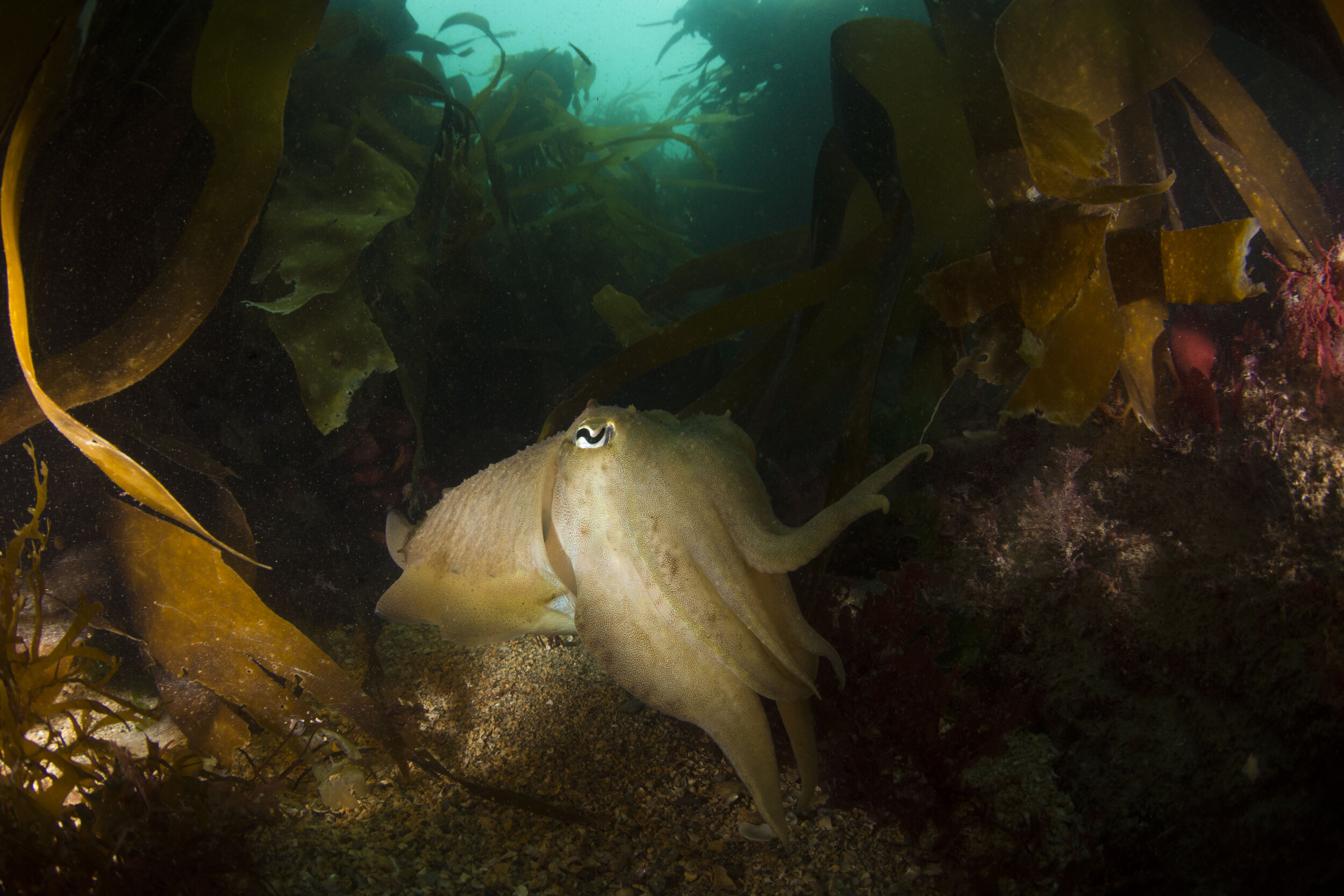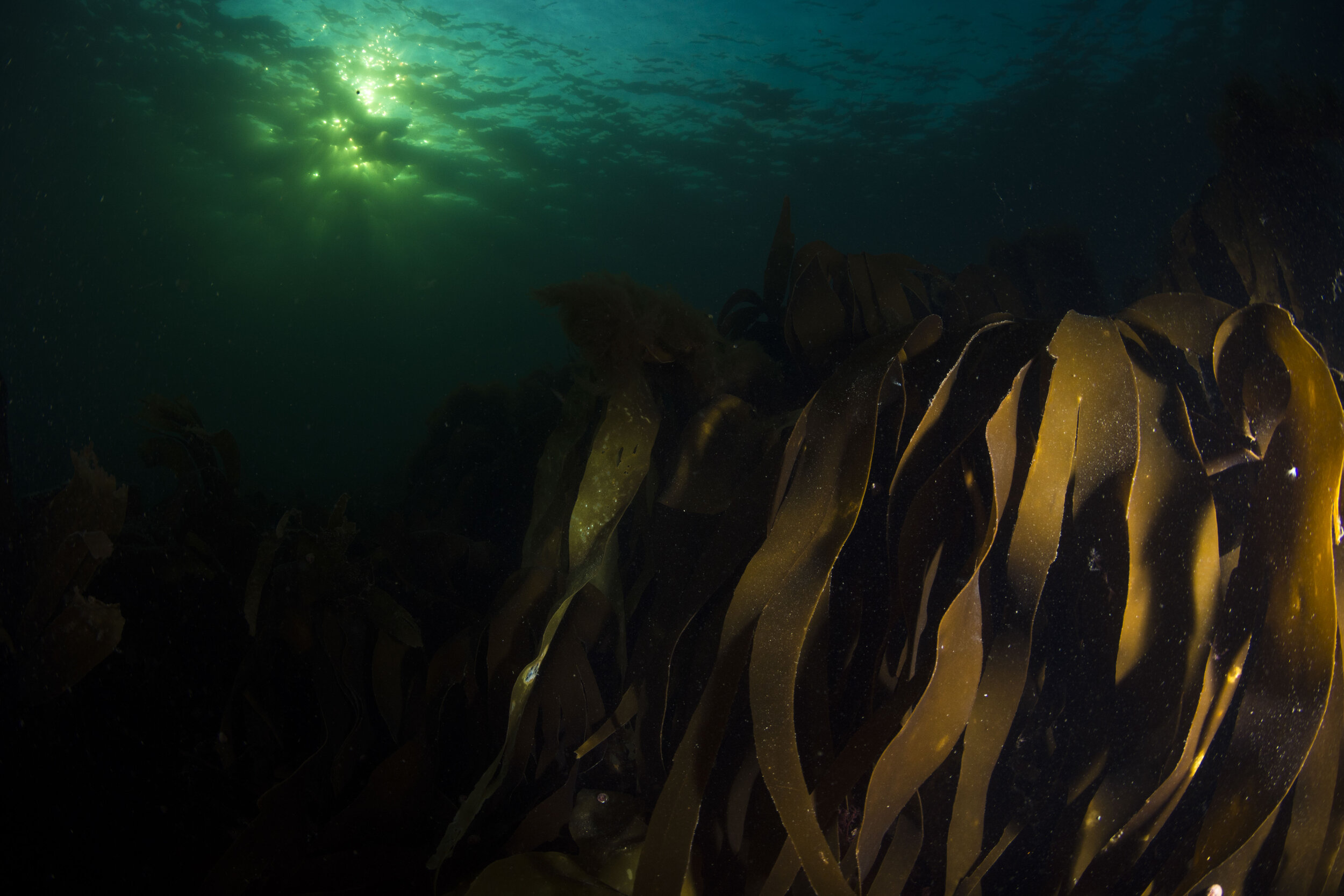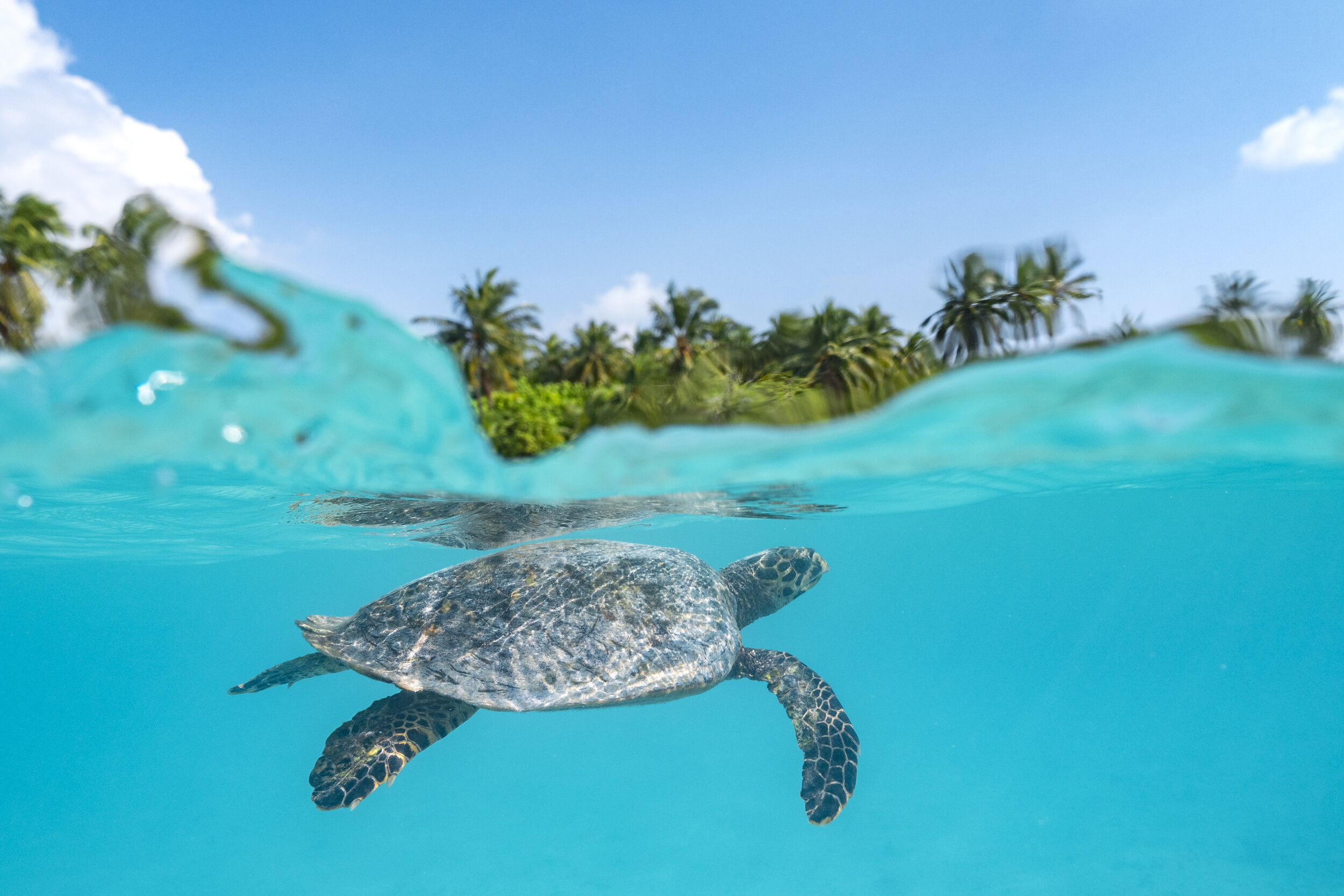
Marine
Kayleigh Slowey
Sharks could be considered one of Mother Nature’s greatest species with such a versatile design that has survived so many years. For so long we have viewed sharks as the demons of the sea, omens of bad luck and even visualised their jaws to be the entrance to Hell itself but this negative sterotype is dated.
It’s time to shift our perception and educate ourselves on a creature that is so diverse. We need sharks and now they need us.
Louis Graves
This photo story is about the work being completed by BC Whales to protect the Humpback, Orca and Fin Whales on the North West Coast of British Columbia. Using modern technologies, such as hydrophones and drones, the conservation work can be obtained. Migrating Humpback whales travel to this area to feed on Krill and Herring.
This project looks at what life is like living here, as well as the work that is being completed. Fin island is a small island in the Great Bear Rainforest. With a maximum team of eight individuals, it's a small NGO, but protects one of the worlds most important species.
Ieuan Williams
This project is based on the unseen and forgotten world of fresh water. The aim is to show the world that not only is there beauty within our oceans, but also within our rivers and lakes closer to home. Ieuan captures the life on our door steps which is often overlooked and at the highest risk from human impact.
Lewis Jefferies
Basith Mohamed, the lead infield coordinator from the Maldives Whale Shark Research Programme, swims along-side a whale shark who has been recently injured by a speed boat. Mohamed observes its recent injury and checks on the healing process. The Whale Sharks in the South Ari Atoll, Maldives, are part of a unique population that can be found there all year round. This incredible wildlife spectacle attracts many tourists each year and brings in millions of dollars to the Maldivian economy; crucially proving the sharks are worth much more alive than dead.
Chris Moakes
Kelp forests are hidden all around the British coast, often only meters from people’s front doors. Home to thousands of species, they are one of the most productive ecosystems on earth. However, due to climate change, they could be wiped out by the year 2100. To most people, kelp is just an ordinary brown seaweed. It is actually a life-giving complex ecosystem that provides the very oxygen that the ocean needs to support our survival. It provides sanctuary to commercial fish, protects our coastline from erosion and acts as one of the biggest marine-based carbon sinks. Kelp forests are hugely important to the health of our oceans. Chris is currently in the process of making a short film highlighting the importance of this disappearing ecosystem and why we should be protecting and experiencing the wonder of our kelp forests.











